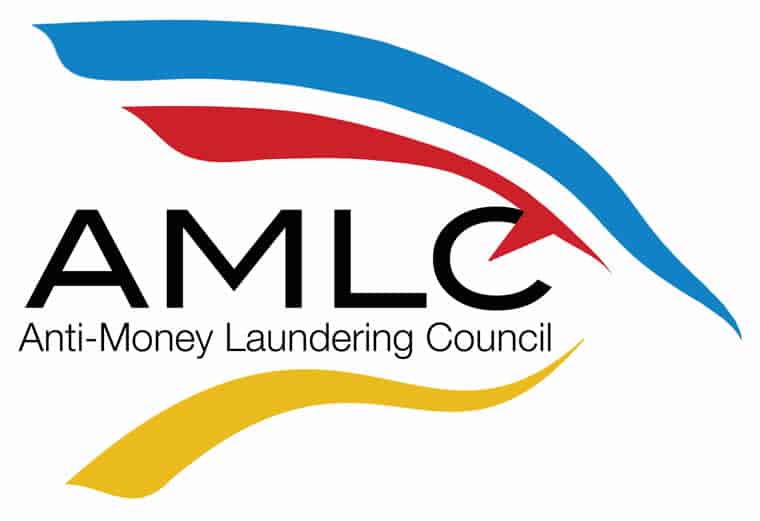President Rodrigo Duterte signed the Republic Act (RA) No. 10927 in July to further combat money laundry in the country’s gaming industry, which became enforced on November 4th. This act includes all gambling operators – online, shipboard, land based, and junket. The Anti-Money Laundering Council (AMLC), Cagayan Economic Zone Authority (CEZA), Aurora Pacific Economic Zone and Freeport Authority (APECO), and Philippine Amusement and Gaming Corporation (PAGCOR) were heavily involved with the design of this 23-page act to preserve the Philippine gaming industry. After the Financial Action Task Force (FATF) removed the country from the vulnerable jurisdiction list or “grey list” in 2013, the Philippines continued to improve anti-money laundering regulations.
The International Monetary Fund (IMF) has praised the Philippines for enacting RA No. 10927 as it has significantly cut the flow of illegal cash funneling. These internal measures and corrections show a substantial shift in the rhetoric of Philippine legislators. However, after the trauma of the 2016 Bangladeshi bank heist, where $81 million dollars of US cash was successfully siphoned through the Philippine gaming industry, the country realized they needed to act before another scandal occurred.
Under this act, brick and mortar casinos have received specific strict regulations. The act requires casinos to ask customers to present valid IDs, keep records of all players for a minimum of five years, require face-to-face withdrawals, forbid aliases, assess customer risk levels, and monitor and report suspicious transactions over 100,000 US dollars or other currency equivalent. These new anti-fraud rules will plug holes left by previous laws and boost the security for VIP players and high-rollers.
Though many have criticized the Philippines for implementing these regulations to dodge scrutiny and sanctions from the Asia Pacific Group on Money Laundering, the country’s casino operators are happy to oblige by these new rules. The added security and benefits from these newly amended anti-fraudulent and anti-money laundering laws mean more players can enjoy safer gambling and betting. To sustain safe and legal gambling practices, the IMF would like the AMLA to amend bank secrecy laws and make tax evasion a crime as well.
These AML laws are still new and may evolve as time passes. Nevertheless, all gambling operators are expected to implement risk management policies and comply with new regulations. All operators are subject to compliance checks and investigations.
Players may still enjoy legal Philippines offshore online gambling which are not subject to these regulations. However, non-Filipino residents that want to gamble in a casino or online must fully understand Philippine gambling laws and these newly enforced rules. To remain up-to-date on the latest regulations, we highly suggest keeping up with Philippine gambling news.

